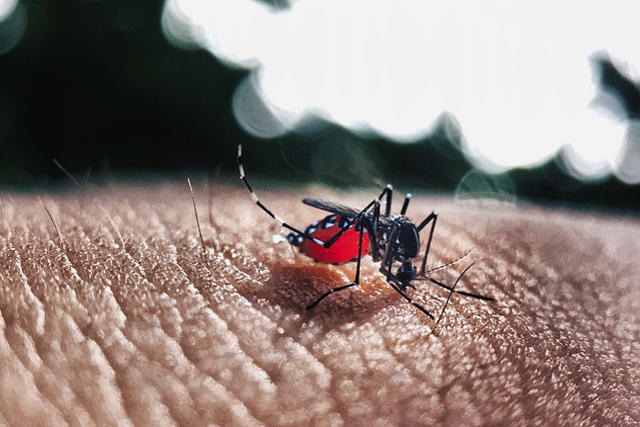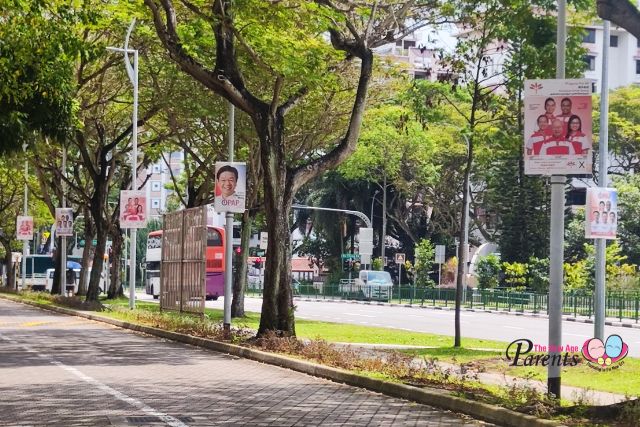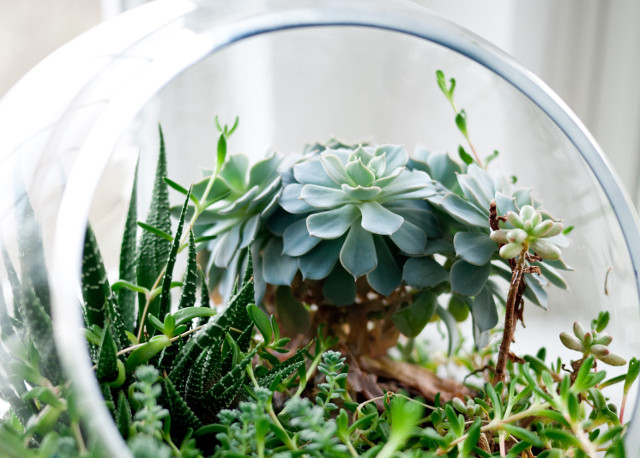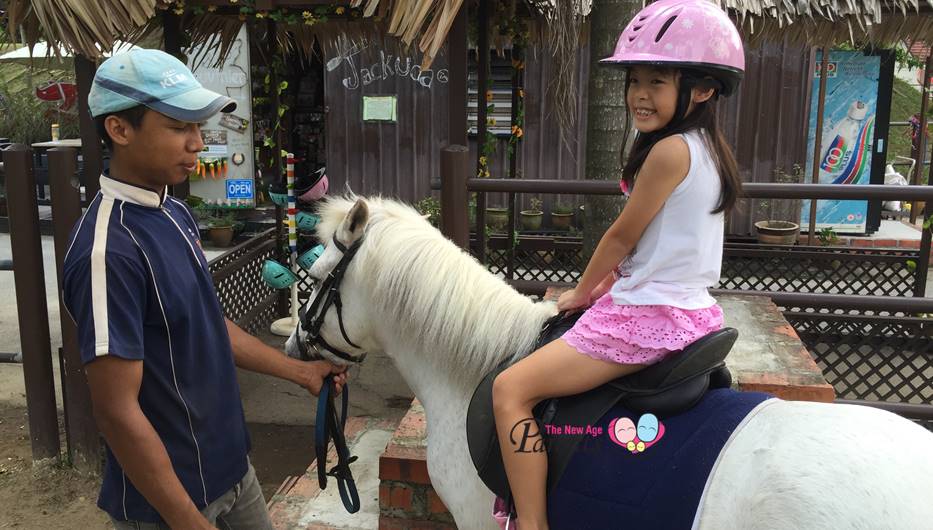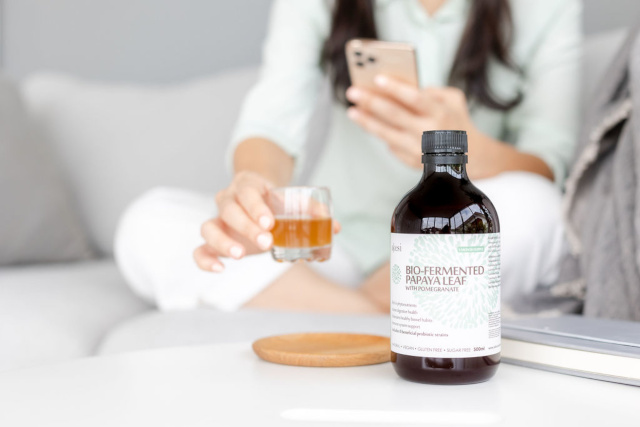Earlier last week, Singapore reported an all-time peak in dengue cases, with around 200 new cases daily. The National Environment Agency (NEA) has suggested that the huge increase in cases may be due to the recent circuit breaker period since April 2020 to curb the spread of Covid-19.
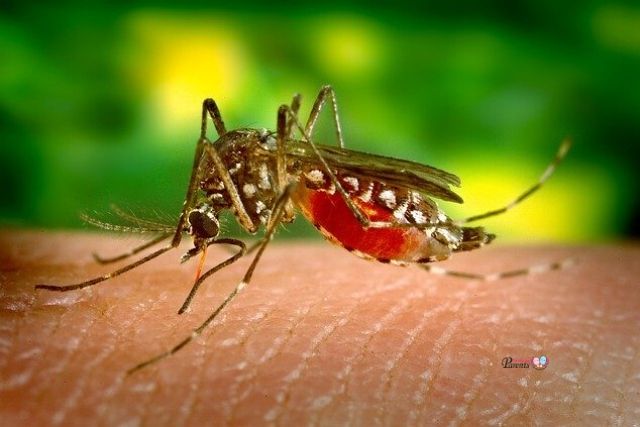
With an influx of media coverage around Covid-19 and the Singapore General Election, citizens should not discount this recent surge in dengue cases.
Mayo Clinic infectious diseases specialist Dr. Pritish Tosh helps us better understand the disease by highlighting causes, symptoms and when to see a doctor, risk factors, and steps for prevention.
“This is a purely vector-borne disease, meaning you have to be exposed to an insect that is carrying the virus. It does not transmit person-to-person.”
Causes
▪ When a mosquito bites a person infected with a dengue virus, the virus enters the mosquito. When the infected mosquito then bites another person, the virus enters that person’s bloodstream.
▪ The risk of developing severe dengue fever actually increases if you’re infected a second, third or fourth time.
Symptoms
▪ Dengue fever is also known as bone-break fever, which is a descriptive term of how people feel with this disease. Simply put, it makes them feel just awful with bone and muscle aches.
▪ Dengue fever causes a high fever – 40C degrees – and at least two of the following symptoms:
- Headache
- Muscle, bone and joint pain
- Nausea
- Vomiting
- Pain behind the eyes
- Swollen glands
- Rash
Risk factors
▪ Living or travelling in tropical areas. Being in tropical and subtropical areas increases your risk of exposure to the virus that causes dengue fever. Singapore is located in the Southeast Asia region, which has been considered a high-risk area.
▪ Prior infection with a dengue fever virus. Previous infection with a dengue fever virus increases your risk of having severe symptoms if you’re infected again.
⇒ Related Read: Symptoms Of Dengue Fever And Prevention In Children
Prevention
▪ Stay in air-conditioned or well-screened housing. The mosquitoes that carry the dengue viruses are most active from dawn to dusk, but they can also bite at night.
▪ Wear protective clothing. When you go into mosquito-infested areas, wear a long-sleeved shirt, long pants, socks and shoes.
Tiger Balm Mosquito Repellent Patches: Shopee
▪ Use mosquito repellent. Permethrin can be applied to your clothing, shoes, camping gear and bed netting. You can also buy clothing made with permethrin already in it. For your skin, use a repellent containing at least a 10 per cent concentration of DEET.
⇒ Related Read: What Will Keep Mosquitoes Away
▪ Reduce mosquito habitat. The mosquitoes that carry the dengue virus typically live in and around houses, breeding in standing water that can collect in such things as used automobile tires. You can help lower mosquito populations by eliminating habitats where they lay their eggs. At least once a week, empty and clean containers that hold standing water, such as planting containers, animal dishes and flower vases. Keep standing water containers covered between cleanings.
▪ Stay informed about dengue clusters reported in Singapore. If you are going to an area that you are likely to be bitten by a mosquito, then protect yourself by wearing insect repellent.
By Dr. Pritish Tosh, Infectious Diseases Specialist, Mayo Clinic.
* * * * *
Like what you see here? Get parenting tips and stories straight to your inbox! Join our mailing list here.
Want to be heard and seen by over 100,000 parents in Singapore? We can help! Leave your contact here and we’ll be in touch.


































